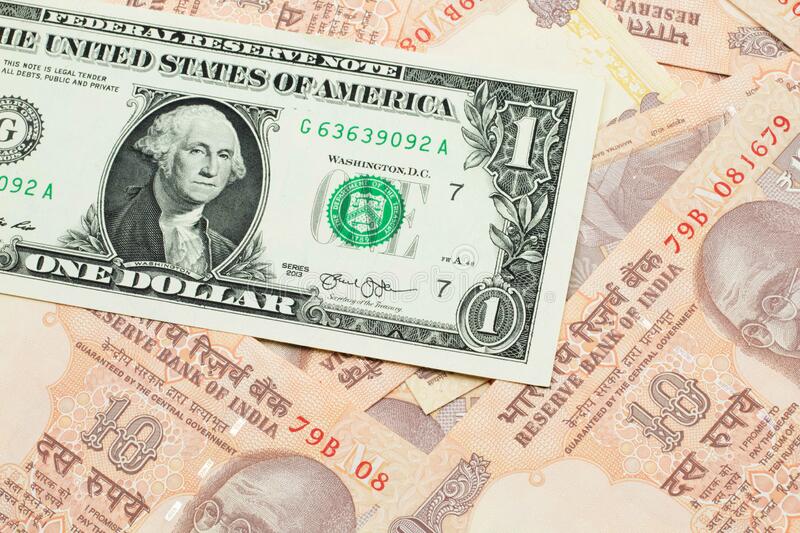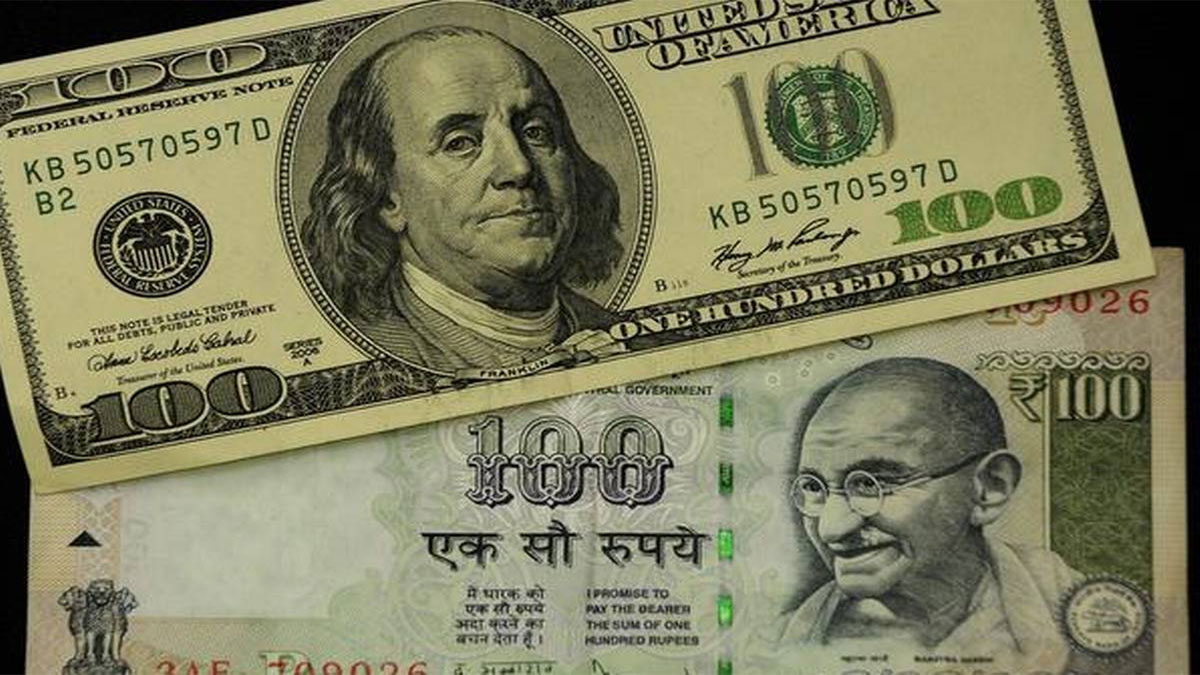In response to a recovery in the value of the dollar relative to other major currencies, the Indian rupee had its largest weekly loss in two months. As Treasury yields increased amid an increase in expectations that the Federal Reserve will intensify its fight against inflation, a measure of the dollar experienced its best weekly performance since February.
In the last week, Spot USDINR increased 37 paise to 82.17. Once the level of 82.30 crosses, the technical setup will begin to move in the right direction. The pair can find support at 81.70 in the immediate future. With a stop loss of 81.70, a new long position can be initiated above 82.30 with targets of 82.60 and 82.90.
The meeting between President Joe Biden, House Speaker Kevin McCarthy, and other congressional leaders to discuss budget negotiations to avert a default will be the main topic of discussion this week. Energy prices will also be influenced by the G-7 summit since the U.S. may place more restrictions on Russia.
While the debt-ceiling issue and problems in the U.S. banking sector have received much attention in the market, this week’s forex traders should pay attention to the growth rates in the European Union and Japan as well as the findings of the US consumer survey.
Given the unfavorable circumstances surrounding the U.S. debt ceiling, the U.S. dollar rally is likely to continue this week as well. If there is real progress toward a resolution, U.S. assets will be the main winners. However, if negotiations fail, there would be a worldwide deleveraging, which would keep the dollar as the world’s reserve currency. If the debt ceiling is successfully raised, the Fed’s speakers this week can be more hawkish, which will lead to higher rates and further support for the dollar.
The pound lost 1.4% this past week, the most since March 10. Bank of England Chief Economist Huw Pill said inflation has reached a “turning point” and is likely to slow, suggesting policymakers may be considering pausing their rate-hiking cycle. Pill’s comments came after a weaker-than-anticipated reading of UK GDP.
The common currency suffered its worst week in almost two months last week as yield spreads put pressure on it, losing 1.5%. According to Governing Council member Joachim Nagel, the European Central Bank may need to keep hiking borrowing costs after the summer.

